Tea has many benefits, but these nine types of tea can cause illness if consumed excessively.
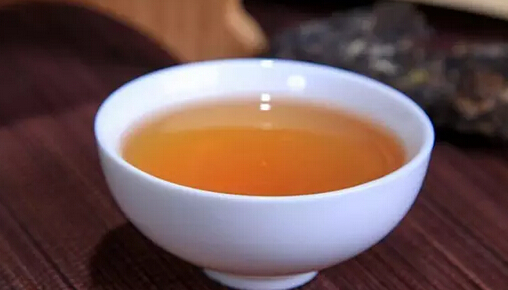
"All medicines are for curing diseases, but tea is the cure for all diseases." This saying reflects the status of tea in 5,000 years of Chinese culture. However, drinking tea is also a profound science—drinking it correctly promotes health, while drinking it incorrectly can cause illness! Here are ten types of tea you should avoid:
Spoiled Tea
▼
Tea is essentially an agricultural product and has a shelf life. If not stored properly, tea can absorb moisture and become moldy. Spoiled tea contains harmful substances and bacteria, making it unsafe to drink. Even high-quality tea, if left brewed for too long, can spoil due to oxidation and microbial growth, rendering it undrinkable.
Burnt Tea
▼
Tea that has been over-roasted loses most of its nutrients and flavor.
Over-Brewed Tea
▼
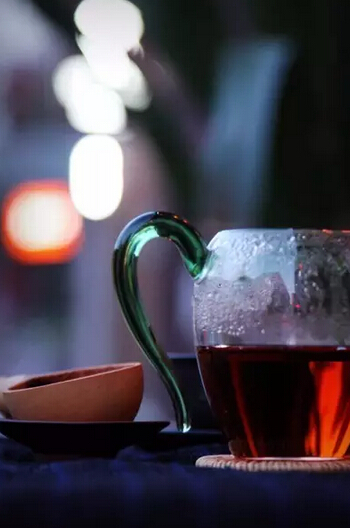
If tea is steeped for too long, its polyphenols, lipids, and aromatic compounds oxidize, resulting in a dull, tasteless, and low-aroma brew. Additionally, vitamins C and P, as well as amino acids, degrade, reducing the tea's nutritional value. Moreover, prolonged exposure to the environment can lead to microbial contamination, making it unhygienic.
Overnight Tea
▼
Tea contains a large amount of protein, most of which does not dissolve in hot water and remains in the leaves. At high temperatures, this protein can spoil. Leaving tea overnight allows enzymes and molds to grow, while tannins oxidize into irritants that can inflame the stomach.
Cold Tea
▼
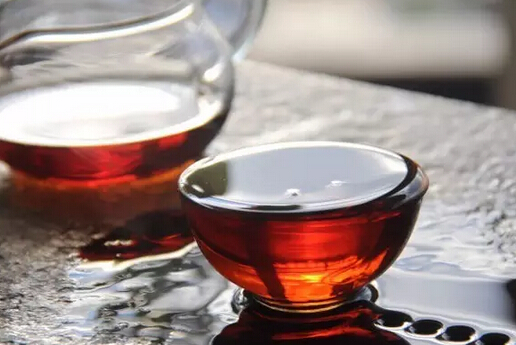
Tea is best consumed warm or hot, as it sharpens the senses. Cold tea, however, can cause stagnation and phlegm accumulation in the body.
Scalding Tea
▼
Tea is typically brewed with hot water, but it should not be consumed while too hot. Overly hot tea can irritate the throat, esophagus, and stomach. Long-term consumption of scalding tea may lead to organ damage. Studies show that drinking tea above 62°C can harm the stomach lining and increase the risk of gastric diseases. The ideal drinking temperature is below 56°C.
Contaminated Tea
▼
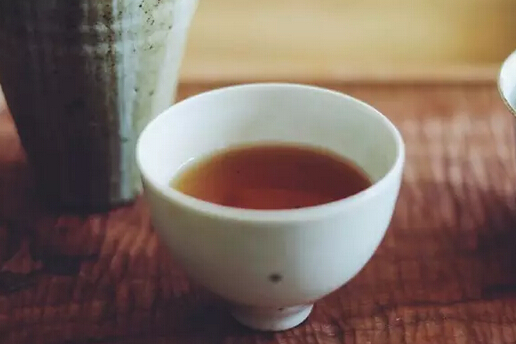
If tea is stored near strong-smelling substances, it can absorb odors. Some smells, like paint or camphor, may be toxic.
Strong Tea
▼
Strong tea contains high levels of caffeine and theophylline, which are highly stimulating. Drinking strong tea can cause insomnia, headaches, tinnitus, dizziness, and stomach discomfort, sometimes even inducing nausea.
Raw Tea
▼
Raw tea refers to unprocessed green tea that is dried directly after withering. This tea retains a natural green color but has a strong grassy taste. Elderly people may experience stomach irritation and pain from drinking it, while younger individuals may also feel discomfort. To make it drinkable, lightly roast the tea in a clean pan over low heat until it develops a mild chestnut aroma.
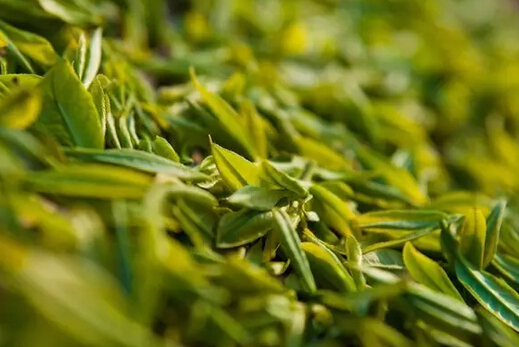
If you accidentally purchase raw tea, avoid brewing it directly. Instead, roast it gently in an oil-free pan to remove the grassy taste before drinking.